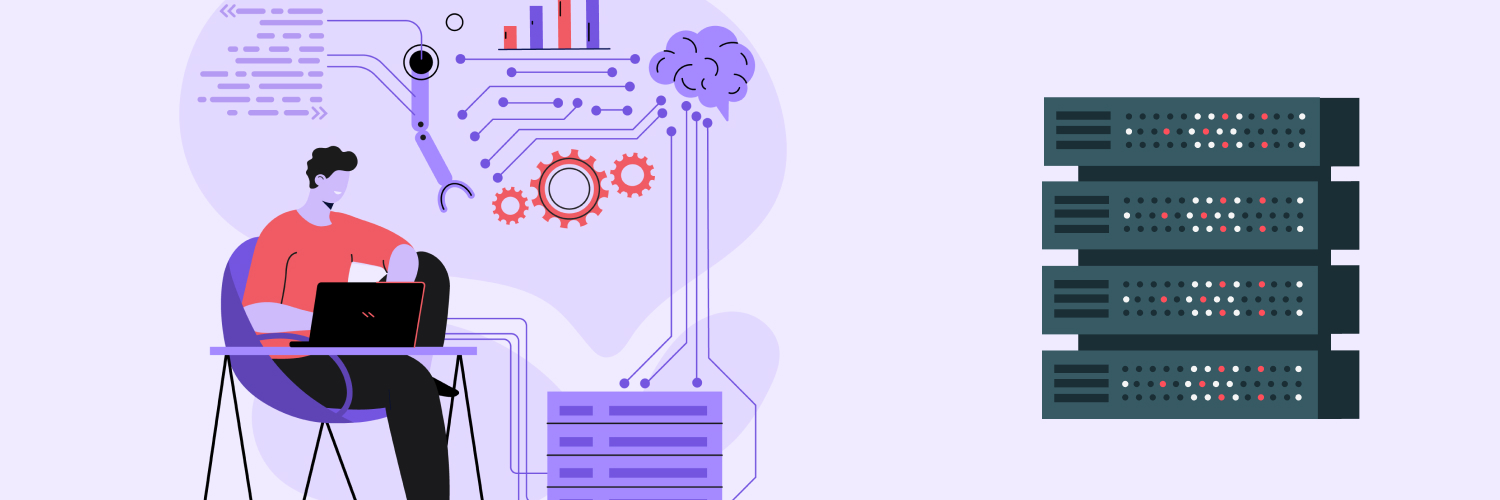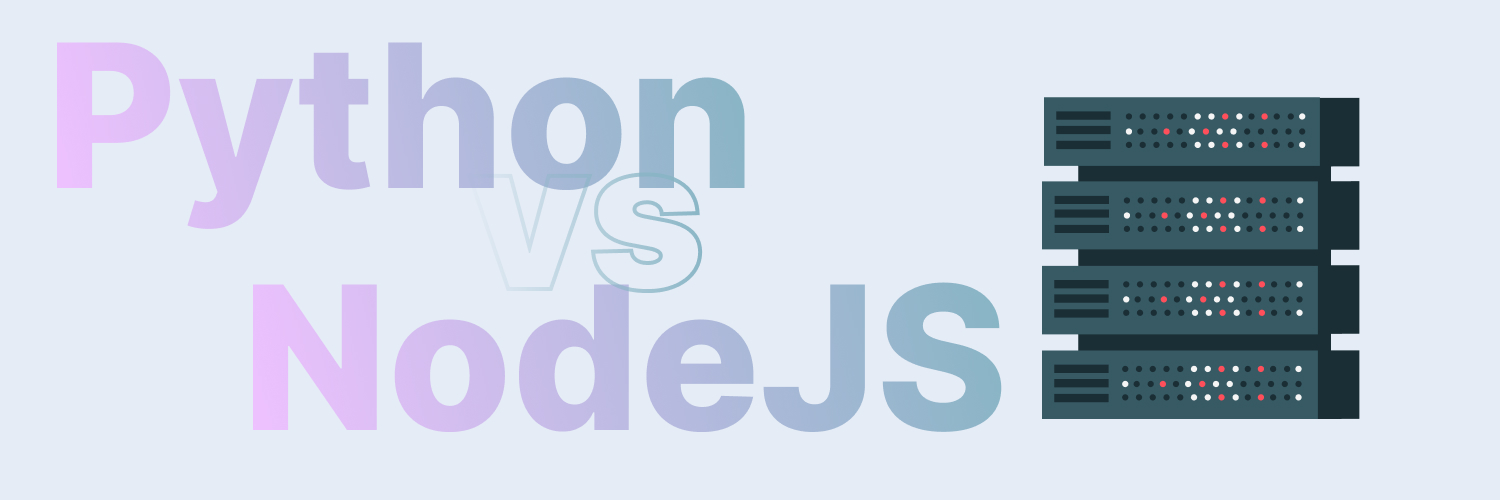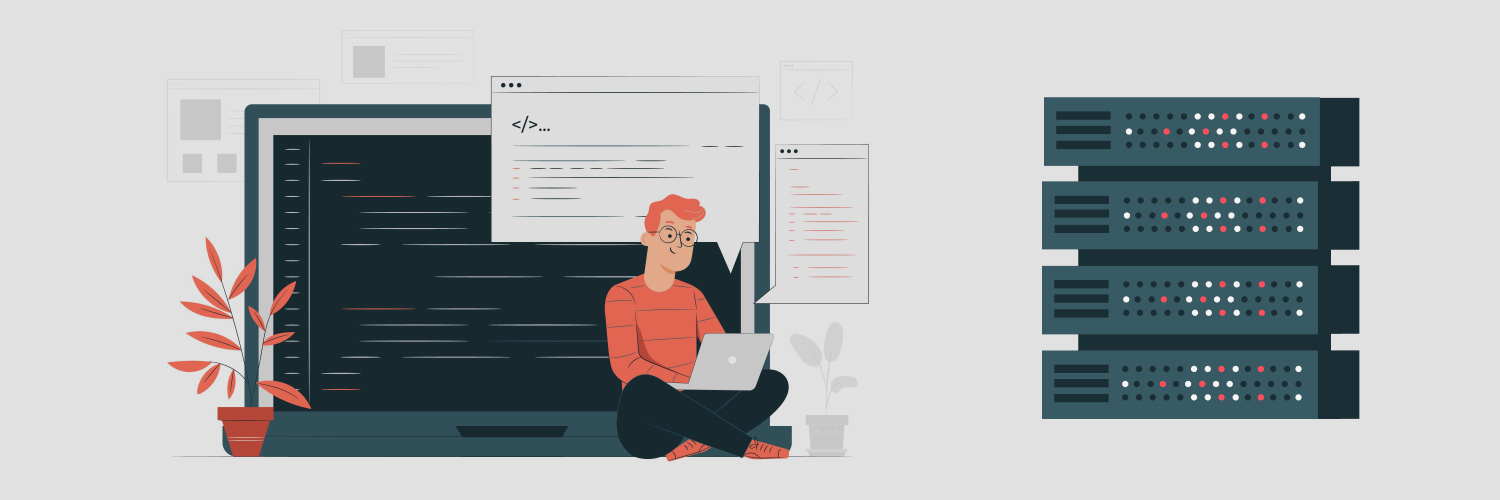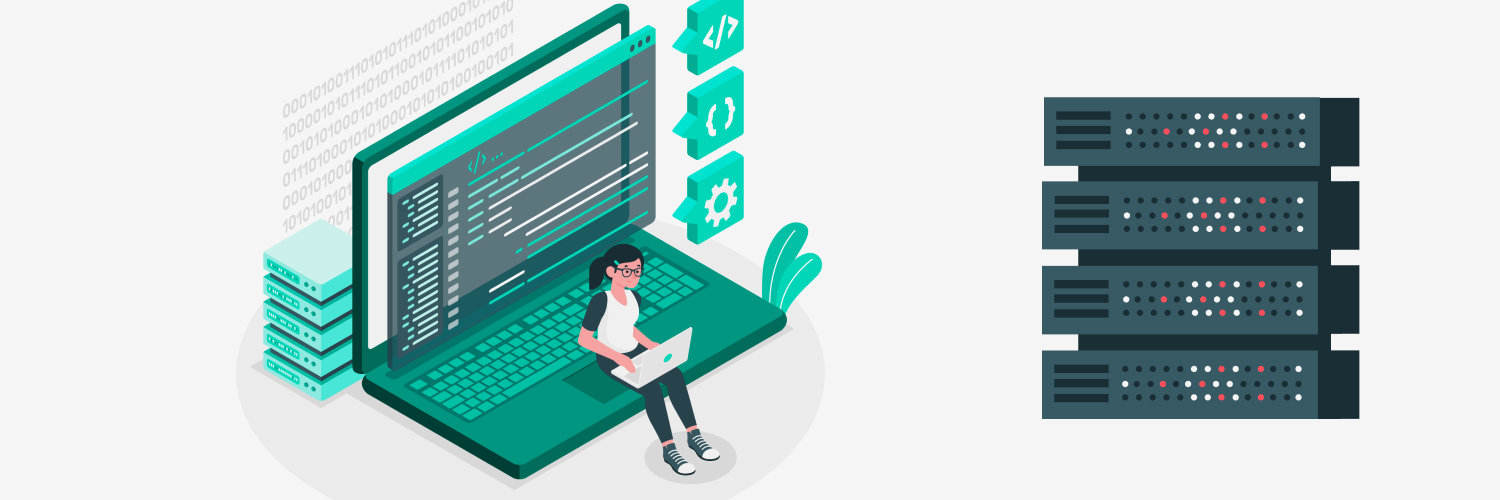What to Know: The Ultimate Guide to Avoid Captchas and How Proxies Help
You’ve seen Captchas before. These quick little tests are found all over the internet, standing between you and your bank, email address, and web pages of all types. While they’re a little annoying in your daily internet browsing, they’re a much bigger problem for businesses. Learn how easy to avoid captchas in web scraping.
Why? Because Captchas can interrupt legitimate digital research. Enterprise researchers must avoid Captchas, or they won’t learn anything useful from their time. Here’s what you need to know about Captchas, why they’re a problem, and how to avoid them.
Identifying People by Proxy Captchas: What Is a Captcha?

Captchas (sometimes called CAPTCHAs or reCAPTCHAs) are online tests designed to spot whether a site visitor is a human or a computer program. CAPTCHA stands for “Completely Automated Public Turing test to tell Computers and Humans Apart.” These tests are quick and easy for humans but very difficult for “bots” or computer programs.
The purpose of Captchas is simple: they help websites avoid spam. Having a Captcha on a webpage prevents spam programs from stealing content, posting nonsense comments, and other malicious activity. That’s great for website owners, but it’s not helpful for people who want to perform legitimate, automated research.
There are many different Captcha types. Each one is “solved” in its own way. You’ve probably run into some or all of them when using the internet. Common types include:
Math Problems: Some Captchas will ask the visitor to solve a simple math problem. The math will be simple, such as 2+3=5. However, bots can’t easily understand the question or solve the problem.
Letter Recognition: A Captcha may display a bunch of distorted letters and numbers and ask the visitor to type them in correctly. This can defeat bots that can read math questions.
Image Recognition: Google’s ReCAPTCHA program displays pictures and asks the visitor to click the squares where a type of item is present, like a truck or a lamp post. Bots can’t parse the image or identify the requested items, so they can’t get through.
Time-Based Checks: A time-based Captcha records how long a visitor spends filling out a form. Bots typically paste their information in and hit submit almost immediately, while human users spend time typing. If a visitor clicks through too quickly, the Captcha rejects them as a bot.
Social Media Logins: The strictest form of Captcha is requiring a social media login. Sites request users to sign in with their genuine social media accounts. These are rare because not many people want to give every site their information.
Invisible Captchas: Some Captchas aren’t visible to human users at all. These are known as “honeypots.” Only bots scraping a site will interact with them because they’re hidden in the page’s code, out of sight. When a bot touches the honeypot, it reports itself as a bot and gets blocked.
Why You Need to Know How to Beat ReCAPTCHA and Other Captchas

Suppose you’re interested in doing online research with automation. In that case, you need to know how to beat reCAPTCHA and similar Captcha programs. It’s all too easy to accidentally get your IP address blocked and stop your research in its tracks.
Once your IP is blocked from a site, no one from your company’s IP address will be able to visit it, full stop. Depending on the site you’re studying, that could be catastrophic. You need a program to prevent that from happening.
The difference between how to solve and how to avoid reCAPTCHA
There are two main methods to “beat” Captchas. You can learn how to solve Captcha automatically, or you can focus on how to avoid Captchas in the first place.
Captchas are intended to be difficult for computers to solve. The programs that allow you to solve Captchas instead of avoiding them can be prohibitively expensive. Some of these programs rely on humans to solve the Captchas for you, which obviously requires paying the human behind the solution. The ones that don’t are prone to errors and are still costly. If you’re trying to perform enterprise-level research, the cost of solved Captchas can quickly become prohibitive.
The alternative is to use programs that avoid triggering Captchas in the first place. When you don’t trigger a Captcha, you don’t need to solve it. You avoid IP bans and save money at the same time.
How to tell if you need to bypass Captchas
It’s not always easy to tell if your research is being blocked by a Captcha. Sometimes, you’ll get nothing but an error, or you’ll discover that your IP address was blocked. To spot when your bot is being blocked by a Captcha program, you’ll need to do a little digging.
First, use your bot to visit a site and check the response you get. Sometimes, you’ll be lucky and see a Captcha right away. If not, you may still be facing a Captcha.
For example, if you can’t visit the site through your bot but you can when using your own browser, you might be running into an invisible Captcha. If you get a constant timeout error through your bot, this is more likely.
You may also get a 50x error. These errors, such as ‘503 Service Unavailable’ or ‘504 Gateway Timeout’, may be signs that your bot is triggering a Captcha.
How to Avoid Captchas

The easiest way to get past Captchas of any type is to avoid triggering them in the first place. If you’re just lightly scraping a site, you’re much less likely to run into Captchas than malicious spam bots are. The main Captchas you’ll need to watch out for are those that are triggered by suspicious user behavior. You can take a few precautions to make your web scraping less obvious.
Use rotating proxies
The first and best way to avoid a Captcha is to use rotating proxies. Captchas can identify bots by tracking how many visits the site gets from the same IP address in a short period. If you use a rotating proxy, the Captcha can’t pin visits to one address. The rotating nature means you’re regularly using a different proxy address that hasn’t been recorded by the site and won’t trigger Captchas.
You can use two main types of rotating proxies: data center and residential. Data center proxies are slightly less reliable when it comes to Captchas, but they are less expensive. Many Captcha programs are programmed to be much more suspicious of non-residential IP addresses, so a data center proxy is more likely to trigger a Captcha in the first place.
On the other hand, a rotating residential proxy service is much less likely to trigger a Captcha. If you rotate between a collection of residential proxies while scraping sites, you can convince the website that your bot is a group of human visitors. (And psst… Proxy Pilot automatically detects Captchas and automatically changes to a new proxy for you! The new proxy hopefully won’t trigger the Captcha again because it hasn’t been recorded by the site.)
Randomize your scraper time and behavior
Residential rotating proxies aren’t the only way to make your bot look more human. You can set your bot to use more human-like behavior on sites and potentially avoid Captchas entirely. The simplest way to do this is to randomize how long your scraper spends on each page.
You can also randomize your scraper’s behavior on the site in other ways. Programs like Puppeteer will help your bot move around the site like it’s an actual human. You can program it to move the mouse around, time clicks randomly, and automate form submissions entirely.
Check for honeypots
Honeypot Captchas are typically hidden with CSS. Make sure your bot checks every CSS element for visibility and display before interacting with it. Visibility should be turned on and display should be set to ‘appear’, not ‘hidden’. If either of these properties is different, the element is likely a honeypot, and scraping it will get your IP address blocked.
Avoid direct links
If you’re triggering Captchas on a website frequently, the site may be set to detect direct link visits. Not every site is this cautious, but some are. If you believe that’s the case, use the referrer header link or visit another site’s page with a link to the page you want to see and click through that way. It’s a few extra steps, but you’re less likely to face blocks.
Render JavaScript
Some sites will trigger Captchas if specific JavaScript codes aren’t rendered. Since most bots don’t bother to render JavaScript but essentially every human user does, this is an excellent tool to weed out non-human visitors.
Suppose you believe that’s occurring in your search. In that case, you need to examine the website yourself to learn what JavaScript elements need to be fully rendered before the Captcha is ignored. Then you can set your bot to render those parts of the page and continue with your research.
In Summary

Running into Captchas is frustrating when you’re trying to research for your business. You can make it easier by using tools that let you avoid Captchas entirely. If you’re ready to start doing your research, Rayobyte’s rotating residential proxies will keep your IP address safe and avoid triggering Captchas.
You can also work with data center proxies in combination with Proxy Pilot to ensure you have a new proxy ready to go if you run into a Captcha. You can start performing the research you need today without risking Captchas and blocks.
The information contained within this article, including information posted by official staff, guest-submitted material, message board postings, or other third-party material is presented solely for the purposes of education and furtherance of the knowledge of the reader. All trademarks used in this publication are hereby acknowledged as the property of their respective owners.





